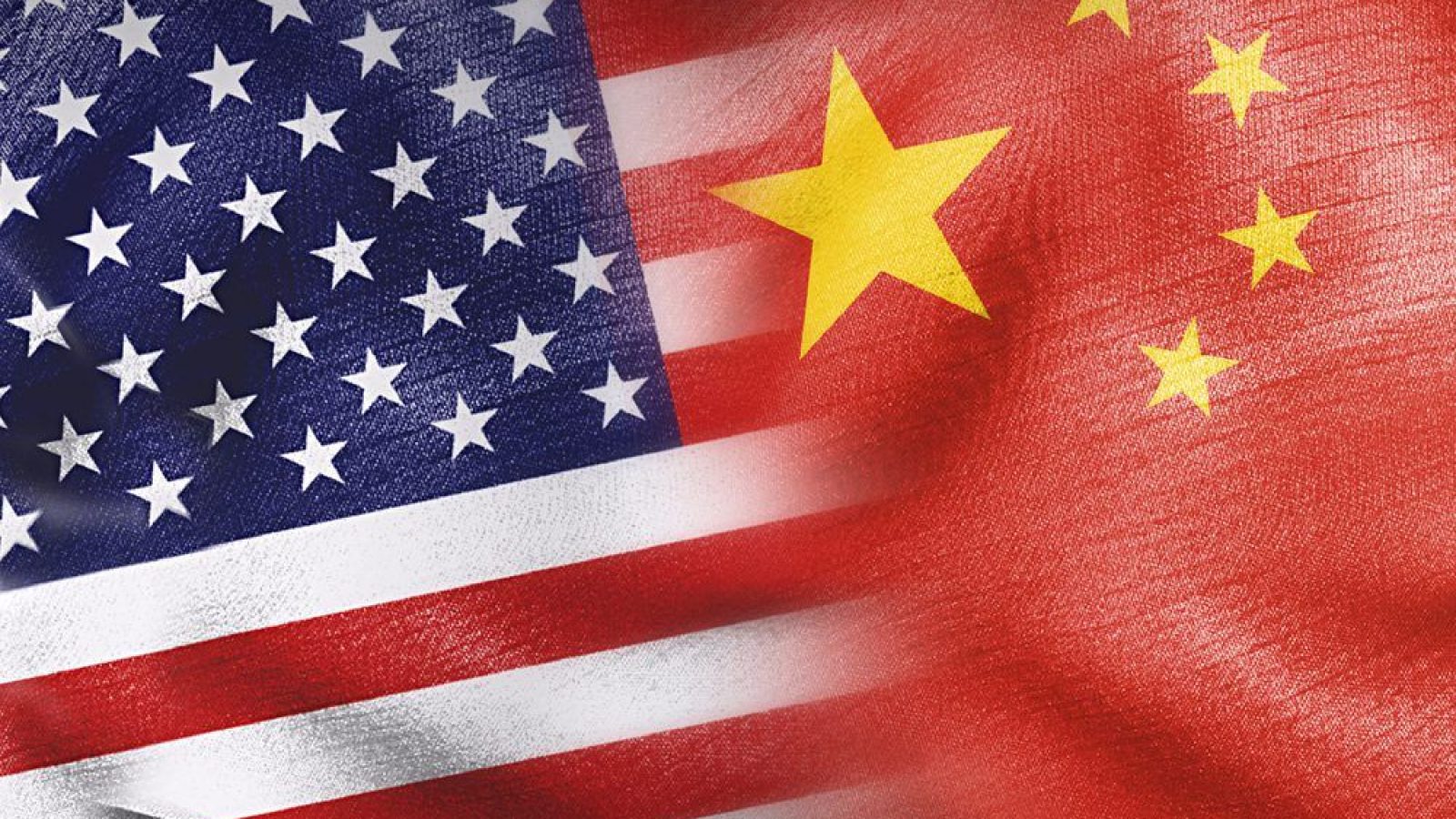A Chinese court sentenced a U.S. citizen to life in prison on espionage charges.
John Shing Wan Leung, 78, was detained in April 2021 by Chinese security services.
The Hong Kong permanent resident’s sentence included “deprivation of political rights for life and confiscation of personal property in the amount of 500,000 yuan,” according to a report from The Guardian.
A 78-year-old American citizen has been sentenced to life in prison by a Chinese court on spying charges. https://t.co/jMM6bXfccH
— CNN (@CNN) May 15, 2023
#China sentenced a 78-year-old US citizen, John Shing-Wan Leung, who holds permanent residency in #HongKong, to life in prison Monday on spying charges. https://t.co/fC2iha9wRT
— The Epoch Times – China Insider (@EpochTimesChina) May 15, 2023
It remains unclear what Leung is accused of by the Chinese government.
Reports indicate that China’s justice system operates under a veil of secrecy and little information is given to the public.
The Guardian reported:
There are no previous reports or notices of Leung’s arrest or trial. Espionage cases in China are treated with almost no transparency, with trials often conducted in secret and long delays between convictions and sentencing. China’s justice system also regularly reports a conviction rate above 99%.
This month, amendments to China’s anti-espionage law came into force, broadening its scope and increasing the risk to foreign individuals and organisations operating in the country, according to observers.
It is not clear what Leung is accused of. Leung, whose Hong Kong and US ID numbers were published by the court, was born in Hong Kong, and was chair of the Texas branch of the Association for the Promotion of the Peaceful Reunification of China (APPRC), according to Hong Kong media.
The outlet noted it could not independently verify Leung’s identity.
China jails US citizen for life on espionage charges https://t.co/WeQTsGZojI
— The Guardian (@guardian) May 15, 2023
The Associated Press added:
Relations between Washington and Beijing are at their lowest in decades amid disputes over trade, technology, human rights and China’s increasingly aggressive approach toward its territorial claims involving self-governing Taiwan and the South China Sea. High-level government visits have been on hold and U.S. companies are delaying major investments amid mixed messaging from Beijing.
The sentencing comes as U.S. President Joe Biden is traveling to Hiroshima, Japan, for the Group of Seven major industrial nations summit, followed by a visit to Papua New Guinea, a Pacific island nation in a region where China has sought to increase its economic, military and diplomatic influence. After Beijing’s gains in the area, the U.S. and its Asia-Pacific partners stepped up their regional presence, offering investments and financial support rivaling those furnished by China.
Now the world’s second-largest economy, China is expanding its footprint in ports, railways and other infrastructure from Europe to Southeast Asia and beyond.
While the Suzhou court offered no indication of a tie to overall China-U.S. relations, spying charges are highly selective and evidence backing them up is not released. That is standard practice among most countries, who wish to secure their personal connections, networks and access to information.
ADVERTISEMENT



Join the conversation!
Please share your thoughts about this article below. We value your opinions, and would love to see you add to the discussion!